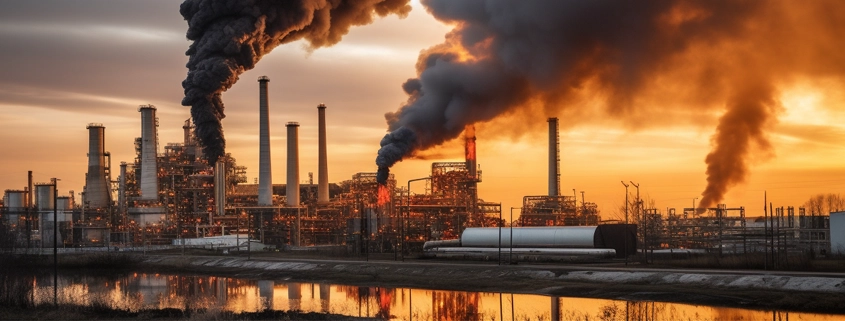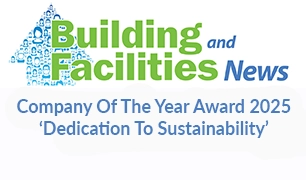After tense days of negotiation, Chair of COP 28 Sultan al-Jaber this morning gavelled a new deal in what he has claimed to be a “historic moment.” It is “the beginning of the end of fossil fuels,” said Wopke Hoekstra, the European Union’s commissioner for climate action. He commented that the deal “could well be truly consequential,” since, for the first time, all countries are called upon to move away from the use of fossil fuels. This key agreement is seen to be crucial for securing the aim of limiting global warming to the vital 1.5C target.
Hoekstra added that this had, “Been our aim from the very beginning. Unite, act, do something that is forward-looking and that is a responsibility that we tremendously feel for our generation and the next.”
Sultan al-Jaber, said “We have language on fossil fuels in our final agreement for the first time ever,” that ‘language’ is important though as the deal does not speak of phasing them out, something many governments had strongly argued for. Many though feel it really is significant progress that for the first time fossil fuels and the need to “transition” away from them has been included in the text.
But it is important to remember that this new deal is not a legally-binding document, but is intended to show a path forward for countries on climate change. Previous COP agreements have been slow to see firm implementation so there remain those who are less pleased this morning, especially with the rapidity that the agreement was put in place this morning. There is no doubt that the world coming together to acknowledge the science of fossil fuels’ impact on climate will have consequences in the real world, but some will argue the agreement is fundamentally weak. This is because the strongest language the UAE could get the world to agree on was to “call on parties to contribute” to a series of actions to tackle climate change. How successful this deal is will be measured by its implementation, with the president telling delegates in his speech, “Now it is up to you.”
Some countries will have significant problems living with this text, the small islands states have claimed they were not consulted on the signing, and African nations are also not satisfied, particularly on issues related to adaptation. The director of NGO the Climate Action Network Europe, Chiara Martinelli, said: “While this morning’s COP28 text signals support for the clear science that there is no space for fossil fuels in the future, it falls short in providing the fair scale, clarity and speed we truly need.”
The agreement from attending delegate countries states they will, “contribute… to transitioning away from fossil fuels in energy systems in a just, orderly and equitable manner”. There is a recognition that global emissions will likely peak before 2025 – and that for developing nations this may be later. On adaptation and finance, the language also appears to have weakened, with the text “reiterating” rather than “requesting” developed countries give support to vulnerable nations facing climate change.
So far, governments have never collectively agreed to stop using fossil fuels, so for the first time, this confirms recognition that they increase global warming, risking millions of lives That is a historic moment, but now comes the real challenge of actually making a difference. The EU is indicating it can work with the text, but the terminology, especially the absence of a call to phase out fossil fuels will remain a sticking point for many who see that as a get-out clause, particularly for those nation-states dependent on oil and gas production.
Learn more about tackling climate change through more sustainable systems on our net zero page.
















